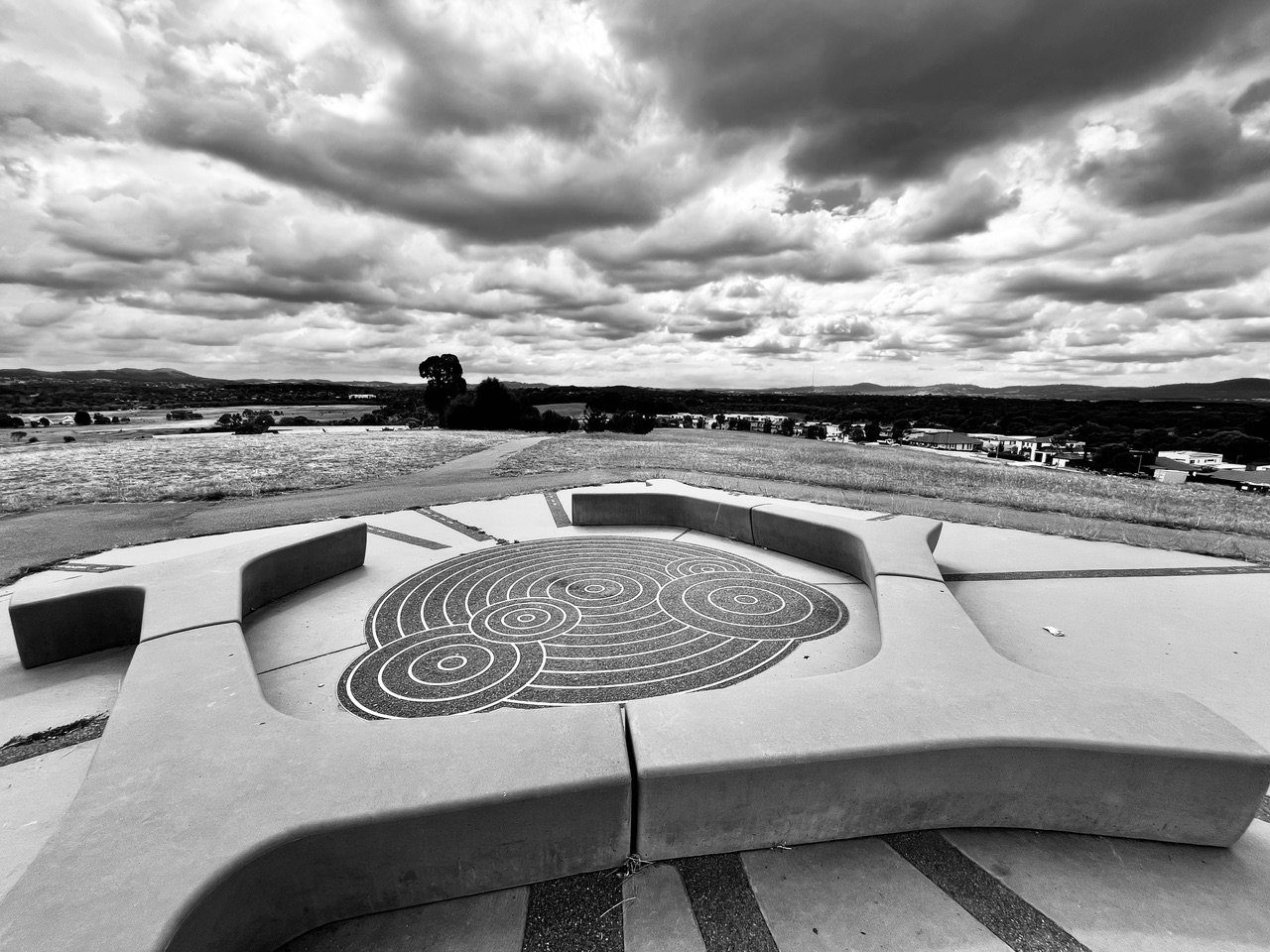Neither Do I Condemn You
By James Gutteridge
What would it be like to know we are loved completely without condition? To know that there is nothing we can do that stops God from loving us. Not one thing.
For so long I’ve struggled to forgive certain people who have hurt me. I tried every tool I could find, but the hurt was just so intense that I couldn’t seem to truly forgive them. One moment I’d think I had done it, only to find them creeping into my meditation and thoughts shortly after. I wanted to be free of the pain of carrying this hurt, knowing that “Holding onto hurt is like holding onto a hot coal thinking the other will get hurt – only I get burned” (Buddha).
But then I heard the Gospel reading about the adulteress being forgiven and freed from a brutal stoning, and it hit me in a new way.
We had been asked the same week by our teacher Jeana Lee, in our seminary distance learning program, to consider the inner and outer needs King Herod had when he was asked by Herodias for the head of John the Baptist. Like the personal hurts in my life, this was something very difficult to forgive and understand. What was he seeking? What was he feeling? And have we ever had the same needs and struggles?
Patrick visited us in Australia for an intensive retreat last year, which is where I had the great fortune to meet him and Jonah, which started my journey to studying this program with the seminary, albeit from Australia thanks to the miracle of technology. We started the retreat by sharing our spiritual biographies, and Patrick told us that an enemy is just someone whose story we do not know yet.
It's easy to see Herod as an enemy unworthy of forgiveness. The same today with people responsible for causing war in the Middle East and in the Ukraine. But Jesus’ call is not an easy one – to let those without sin cast the first stone.
When that Gospel was read (as I was holding the book for the priest!), I instantly saw myself as one of those with stones ready to hurl at my enemies. There were many inside that circle. And there I was, the righteous one who couldn’t forgive the straying of some fellow human beings struggling to get by in this earthly life just as I am. People with the same needs for security, comfort, love and acceptance as me. Just as even King Herod needed. Only we were all looking for it in the wrong place and hurt others in the process.
What if I could put the stones down? And let them be free from my wrath? Let them go back outside this circle in my heart? I was immediately given an opportunity to practice during that service, as someone’s phone started buzzing!
Who is still inside your circle of condemnation?
As I continued my work of releasing people from the circle something scary happened – I saw myself in the center, invisible until now. He feared the wrath I had towards him. He was holding onto all the shame I had heaped on him. He was invisible.
Paul reminded us to forgive others that we may be forgiven ourselves. This is how I experienced this line in that moment – not as a call to earn God’s forgiveness, but that by taking out the plank in my own eye I could finally see clearly. And who was there next to me asking me to put the stones down? It was Christ, of course, helping me do what I could not do myself. Sending complete unconditional love to me, and of course to all the others who I hadn’t truly forgiven. And He turned to me, setting me free. In that moment, neither did he condemn me.
Our Author: James Gutteridge is the author of So Your Wife Has Cancer, which was the book he wishes he had when his first wife was diagnosed with cancer. He has taught primary and high school maths, humanities and business studies. He has also consulted with schools around Australia and the world. James lives in Canberra, Australia with his wife and golden retriever Oprah.



